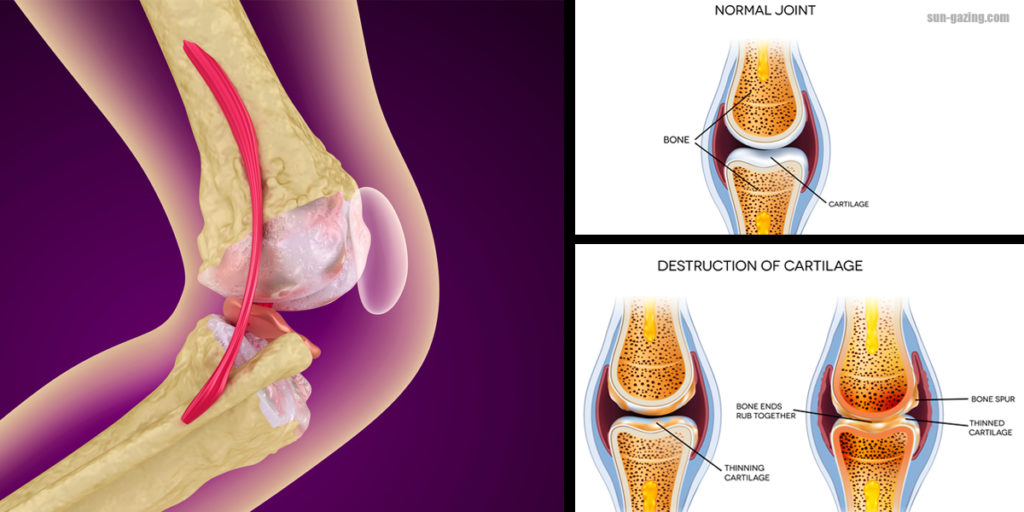Team L&M
The day is not far when a defective knee, hip, ankle or shoulder joint will be repaired and not replaced unnecessarily. This shall be made possible through cartilage regeneration and restoration technologies.
“The new techniques of cartilage regeneration and restoration has kindled the hope that knee and other joints which become defective and wear out because of osteoarthritis (OA) and other causes may not be required to get replaced. Instead, natural joints may get repaired and rejuvenated through these new medical techniques,” shared Dr (Prof) Raju Vaishya, president, Indian Cartilage Society (ICS).
He added that cartilage specialists from India and abroad will be deliberating on these path-breaking technologies at a congress which gets underway at Jaipur this week under the auspices of Indian Cartilage Society (ICS). The 5th International Congress of ICS is going to be held on December 7 and 8 in Jaipur where around 200 cartilage specialists will deliberate on cartilage regeneration and restoration techniques.
Dr Vaishya also shared that his presidential theme of 2018 is “Regeneration is better than Replacement” emphasising the fact that it is vital to preserve the natural joint by regenerating one’s tissue than replacing it with an artificial joint. It becomes much more relevant in the younger people who have joint pains due to cartilage damage or arthritis. Cartilage regeneration techniques have developed in the recent past, which can help to develop the natural cartilage and thus avoid or postpone the need for joint replacement.
Dr Saurabh Mathur, organising secretary of the Congress, said experts from the country and abroad, including the US, Britain, Poland, Hungary, Iraq, Iran, Bangladesh, Nepal and Afghanistan, are going to participate in the two-day Congress. World-renowned specialists will be the key speakers specialists will be deliberating on techniques like articular cartilage implantation, stem cells therapy and scaffold.
According to Dr Nishith Shah, past president, ICS, the cartilage is an important structural component of the body, which is a firm tissue but is softer and much more flexible than the bone. Cartilage is made up of specialised cells called chondrocytes, and these cells produce large amounts of extracellular matrix composed of collagen fibres, proteoglycan, and elastin fibres.
Dr Deepak Goyal added that the cartilage tissue’s ability to repair itself is severely limited because it does not contain blood vessels, and bleeding is necessary for healing. Several techniques have been used for cartilage regeneration. While some of these are being used today, researchers continue to look into newer ways to regrow cartilage in an attempt to give people relief from the pain of osteoarthritis (OA) and to live with their natural joints, as far as possible.
